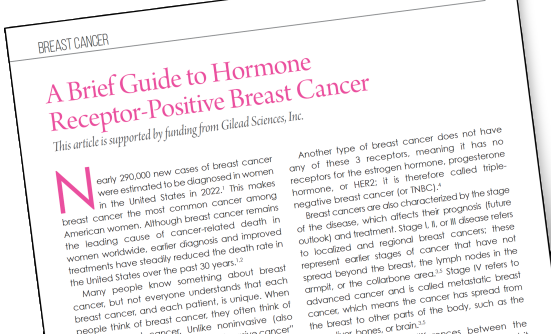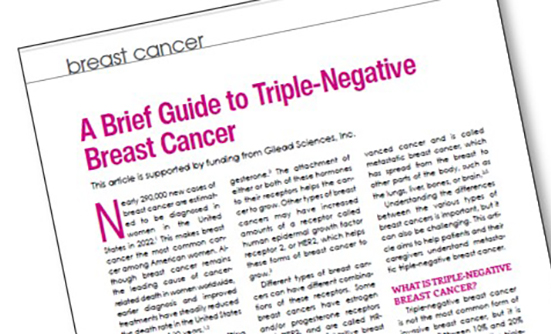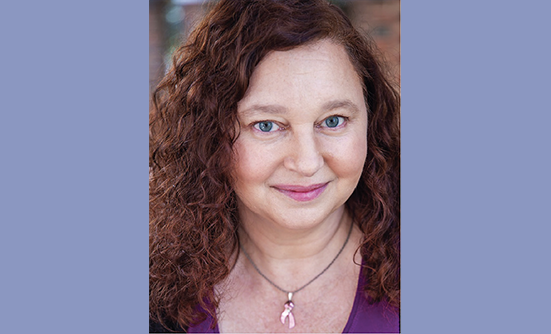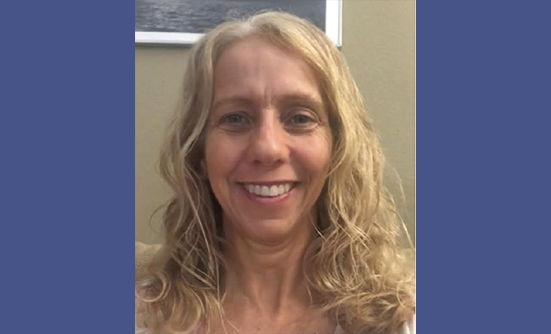
Q: I am a breast cancer survivor who had a mastectomy, chemotherapy, and radiation therapy. The shoulder on my affected side hurts, especially at night or when I lift my arm overhead. What might be the problem, and how should I address this?
Shoulder problems are very common after treatments for breast cancer; such problems are normally not a sign that your cancer has returned or spread. Up to 68% of patients with breast cancer experience shoulder pain and/or restricted motion of the shoulder during or after treatment; this problem can result from 1 of 2 common causes.
Tendinitis
One common cause of shoulder pain is inflammation or compression of 1 or more of the rotator cuff tendons because of muscle tightness that can occur after cancer surgery or other cancer treatments, especially radiation.
In addition, poor posture may contribute to tendinitis. Studies have shown that changes in a woman’s posture after breast surgery can lead to tendinitis of the shoulder. Typically, this pain is worse when lying on the shoulder, which likely explains the pain at night. The tendon often can become compressed when lifting the arm overhead, which is painful.
Tendinitis should be addressed by a physician who is comfortable with the nonsurgical management of shoulder problems, such as a physiatrist (a physical medicine and rehabilitation doctor). A physiatrist will talk to you and examine your shoulder to determine the cause of your pain.
Your doctor may order an x-ray or an MRI to help with the diagnosis and to get a good look at the anatomy of your shoulder. In addition, many physiatrists use ultrasound in the office to look at your tendons to visualize the extent of the problem.
Frozen Shoulder
A second common cause of these symptoms is a condition called “frozen shoulder,” which involves a very stiff shoulder that may or may not be painful. Not moving the arm enough after breast cancer treatment can lead to this problem. Radiation can further add to the shoulder stiffness.
Diagnosis and Treatment
Seeing a physician who can correctly diagnose the cause of the shoulder problem is an important first step. Once the diagnosis is clear, the physician can develop a comprehensive rehabilitation plan to restore your shoulder’s health.
This typically will include a specific physical or occupational therapy program, ideally with a therapist who is experienced in working with patients with breast cancer. The program will include improving range of motion, stretching and strengthening shoulder muscles, and restoring appropriate posture.
The physician may also prescribe medication, such as an antiinflammatory drug. If the symptoms do not completely resolve, the physiatrist may recommend a cortisone injection, which can be very helpful.
This injection can even be done using ultrasound to ensure that the medication is going exactly to the right place.
In patients with refractory (persistent) frozen shoulder, the doctor may take the patient to the operating room and, while the patient is asleep, gently break up the tight tissue (adhesions) so the shoulder moves better, which is called “manipulation under anesthesia.”
Take-Home Message
Shoulder discomfort after treatment for breast cancer is extremely common and is not likely to be a sign that your cancer has spread or returned; however, it is always important to inform your oncologist of any new painful symptoms.














